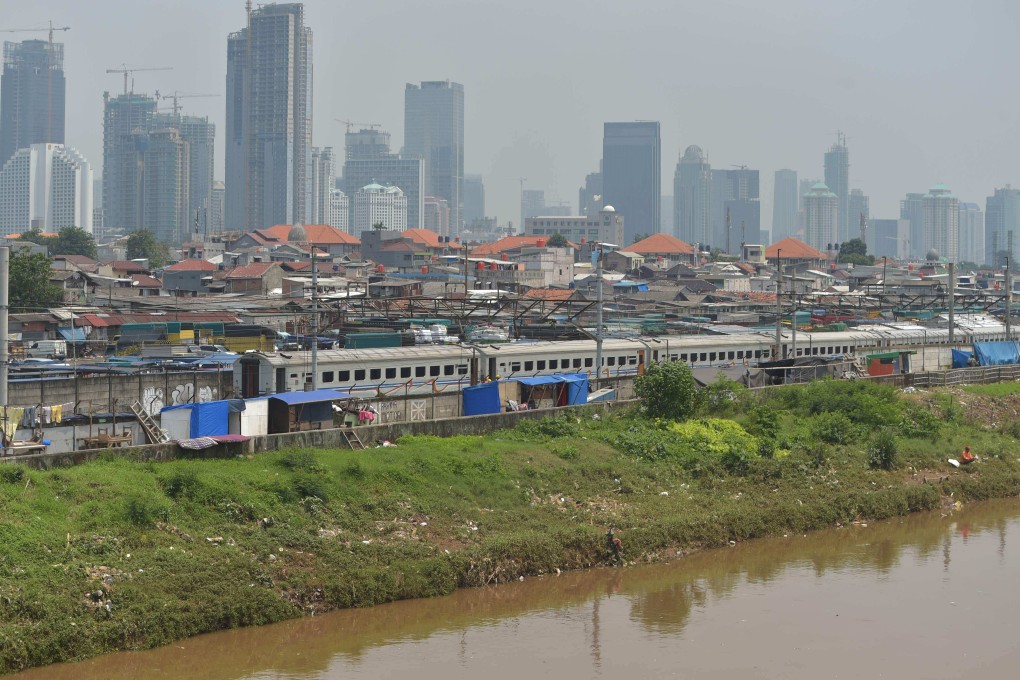The View | How China-led AIIB can expand its remit to build a greener, more inclusive post-pandemic world
- The recovery-boosting infrastructure spending sprees favoured by developed nations are out of reach for less-well-off countries that need them most
- The AIIB has the scope and track record to expand to a global level and help those nations left behind

Underinvestment in infrastructure is a chronic problem that predates the pandemic. The world faces an infrastructure financing shortfall of US$18 trillion out to 2040.
As the global economy struggles to recover, it is time to consider forming a new institution to address this gap. The world needs a dedicated global infrastructure bank that can mobilise capital to spur recovery and build for long-term goals related to climate, resilience and inclusivity.
In the past six years, the AIIB has established itself as an effective multilateral development bank (MDB). Having attracted several advanced economies as members and adopted the high standards of other MDBs, it has gained recognition from organisations such as the UN and AAA ratings from ratings agencies.
